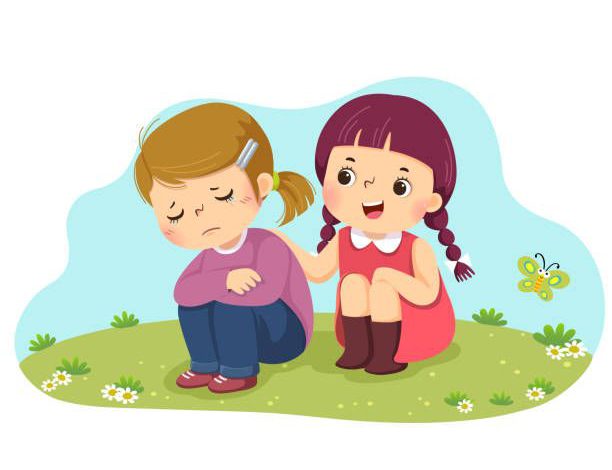A guide to raising kind children

Kindness is one of the most important values that any parent can teach their child. When a child’s kindness surfaces and is extended to friends and family, it is seen as a parenting success.
Many factors influence the ability to raise a kind child. These include being able to teach them kindness and its benefits. If you don’t know where to start, the following are some of the rules to observe while instilling kindness in your child:
Helping them understand what kindness is
It is possible to confuse kindness with other forms of emotions. For instance, one is likely to take manipulation for kindness. Being able to clearly differentiate the two is the secret ingredient to raising a kind child. It is prudent to help your child express sincerity in their actions as opposed to doing it with an expectation of a reward.
Model kindness
It is said, children learn by seeing not by being told what to do. Therefore, a child who is shown kindness is likely to be kind as compared to a child who is mistreated and experiences abuse of any form. Therefore as a parent, you should strive to ensure your child learns kindness first-hand.
Correct them on the spot
If your child assaults another child in your presence, do not wait for the matter to die down before you take action. Make sure to point out the mistake your child just committed while showing them how they would have approached the matter amicably. Don’t forget to make them apologise for their wrong-doing. You could also go a step further by asking them to perform a kind gesture to the victim repeatedly so it sticks.
Image: Lasten Metsola
Teach them mindfulness
Teaching a child self-awareness from a tender age, instils, in them, a sense of good and bad. This will then be a prerequisite for kindness for it is known to be a good thing to do for others with the sincerity it deserves. When your child is self-aware he/she will know when someone is also treating them with kindness and how to reciprocate it. Being mindful include simple traits the child’s ability to readily say thank you, and sorry and other polite words. This allows them to be in a position to also receive kindness themselves.
Reward kindness
Even though this could make your child perform acts of kindness only because of the reward, the acts will in the long run stick. The rewards on the other hand could be in form of a pat on the back or bringing up the matter during a family gathering so he/she could be acknowledged by a bigger audience. Validating your child’s kindness goes to show just how much they matter and the importance of their actions for creating the greater good. Ignoring some important details about your child’s development are a major cause for indiscipline in the effort to cause you to pay attention.
Help them navigate disappointments that come with being kind
As an adult, you are aware of the disappointments that come with being kind. One of them is not receiving the same level of kindness that you give out. Helping your child understand the various factors that influence a person’s behaviour/personality allows them to lower their expectations of others while at the same time keeping to their exemplary acts of kindness. In case of such a misunderstanding, your child will be better placed to show themselves kindness instead of being self critical.
In the long run, we all hope to raise exemplary citizens. The best place to start inculcating values in children is at home while paying close attention to traits that make them better human beings like kindness. The ripple effect that kindness has is unfathomable. Therefore, it should be encouraged at the onset of a child’s development.




